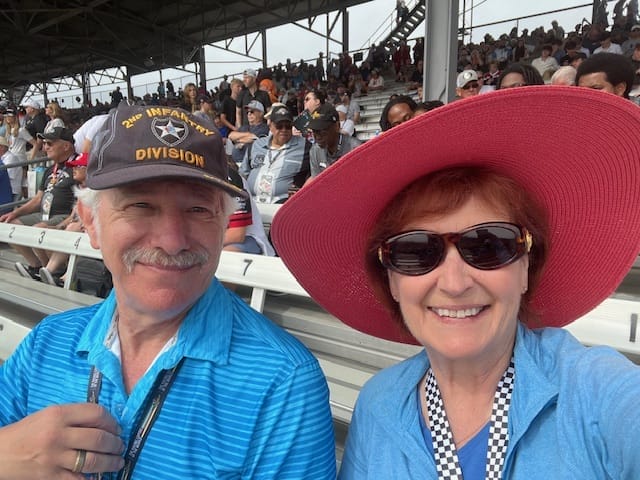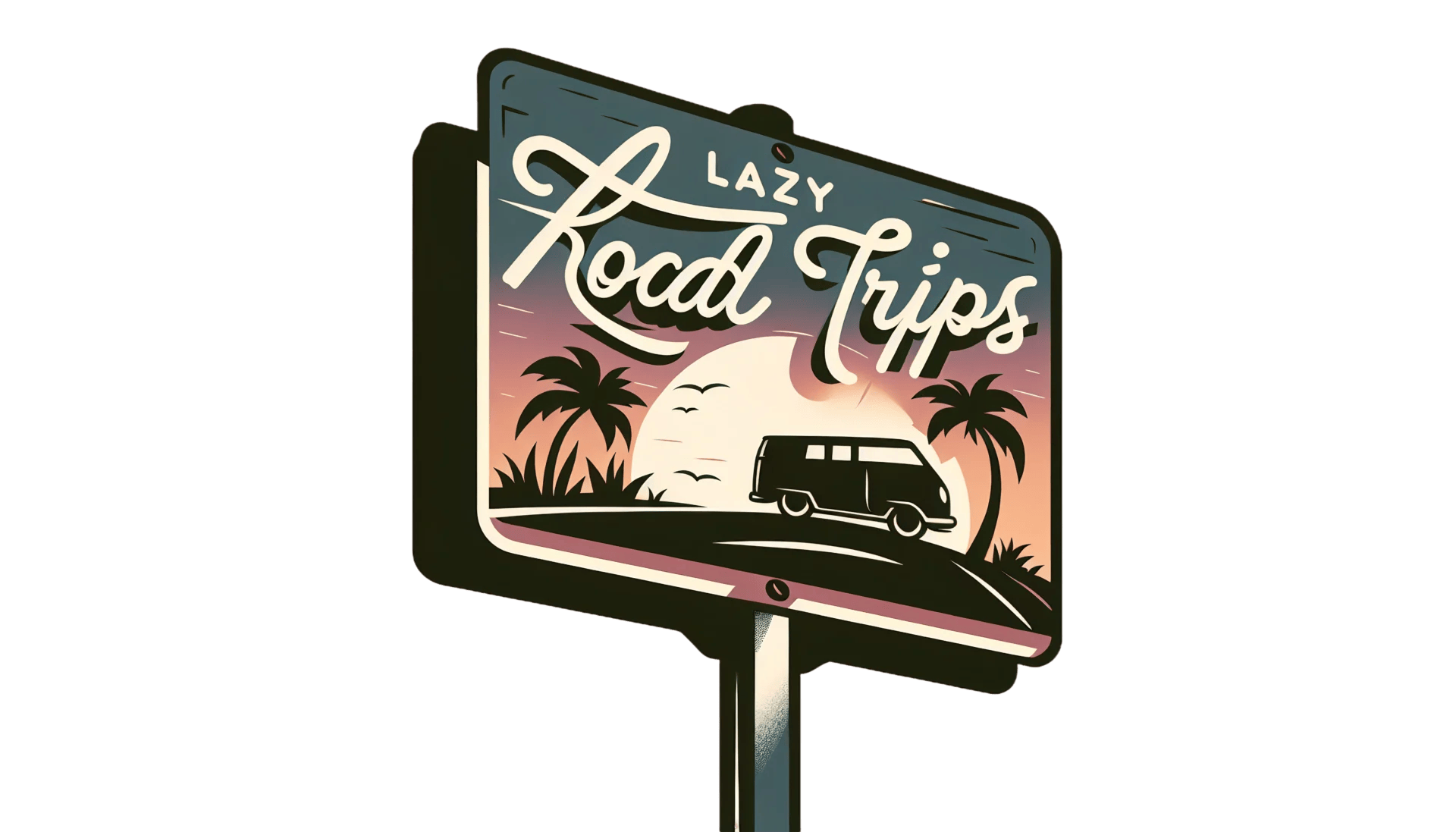San Francisco’s making some big moves to tackle its homelessness crisis. The city’s rolling out a new policy to ban homeless encampments, and people are definitely talking about it.
Reactions are all over the place—residents, advocacy groups, city officials—everyone’s got an opinion. Let’s dive into what this policy actually means, what it could change, and how it might hit RV travelers and the community in general.
Understanding San Francisco’s New Policy on Homeless Encampments
Homelessness has been a tough, visible issue in San Francisco for years. The city now wants to ban homeless encampments, hoping this will help clean up public spaces and make things safer.
Not everyone agrees on how to handle things, and this new policy is no exception. Some folks back it, others are pretty skeptical.
What the Policy Entails
The main goal is to clear public spaces of tents and temporary shelters. Officials say this should make parks, sidewalks, and other spots more open and pleasant for everyone.
They’re planning to move people from these encampments into shelters or other housing. Here’s how they’re breaking it down:
- Clearing public spaces: The city will remove tents and other structures from parks, sidewalks, and other public areas.
- Providing alternatives: They say they’ll try to relocate people to shelters or other housing options.
- Enforcement: City officials, with law enforcement if needed, will make sure the rules stick.
Reactions to the Policy
The policy’s kicked up a lot of mixed feelings. Some residents and business owners think it’ll make neighborhoods better, but advocacy groups and some city leaders worry about what it means for people living on the streets.
Support for the Ban
Supporters say the policy will help restore public spaces and make the city safer. They think fewer encampments will mean less crime and cleaner streets.
Business owners, especially, hope it brings in more customers. They see it as a boost for the local economy.
- Improved public safety: Supporters believe clearing encampments can cut down on crime and make spaces safer.
- Enhanced quality of life: Cleaner, more accessible public areas are a big selling point.
- Economic benefits: A tidier city could pull in more tourists and help local businesses.
Concerns and Criticisms
Opponents argue the policy doesn’t get to the heart of homelessness and might just push people further to the margins. Advocacy groups fear more displacement and tougher times for those already struggling.
They keep pointing out the need for long-term fixes, like affordable housing and mental health care. Here are their main concerns:
- Displacement: The policy could push people to less visible, but still unsafe, places.
- Lack of support: Critics say there aren’t enough shelter beds or housing options to go around.
- Root causes: The policy skips over deeper issues like poverty, mental health, and addiction.
Implications for RV Travelers
This new policy isn’t just about tents—it might affect RV travelers too, both directly and indirectly. The city could tighten up other rules that impact RV dwellers.
If you’re planning to visit or stay in San Francisco in your RV, it’s probably wise to keep an eye on these changes.
Parking and Overnight Stays
Stricter enforcement might make it harder to find a good spot for the night. Staying up-to-date on local rules is key.
Honestly, your best bet is to look for designated RV parks or campgrounds. Here are a few tips:
- Research local regulations: Stay on top of parking and overnight rules in San Francisco.
- Use designated areas: Stick to RV parks and campgrounds to avoid headaches.
- Plan ahead: Book spots before you arrive, especially if it’s a busy season.
Community Impact
There’s also the bigger picture. As San Francisco cracks down on homelessness, all sorts of temporary dwellings—including RVs—might get more attention.
RV travelers should expect changes in enforcement or even shifting attitudes from the community. Here are a few things to keep in mind:
- Community relations: Try to be a good neighbor to locals and businesses.
- Stay informed: Keep up with local news and updates, just in case the rules change.
- Advocate for solutions: If you care about these issues, support broader efforts to address homelessness.
Conclusion
San Francisco’s new policy on homeless encampments tries to tackle a complicated problem. The city wants to improve public spaces and safety, but the approach brings up tough questions about supporting vulnerable people.
If you’re traveling by RV, it’s smart to stay up to date and respect local rules. Community dynamics can shift quickly, so paying attention helps everyone have a better experience.
You can check out the full article on the San Francisco ban on homeless people.

